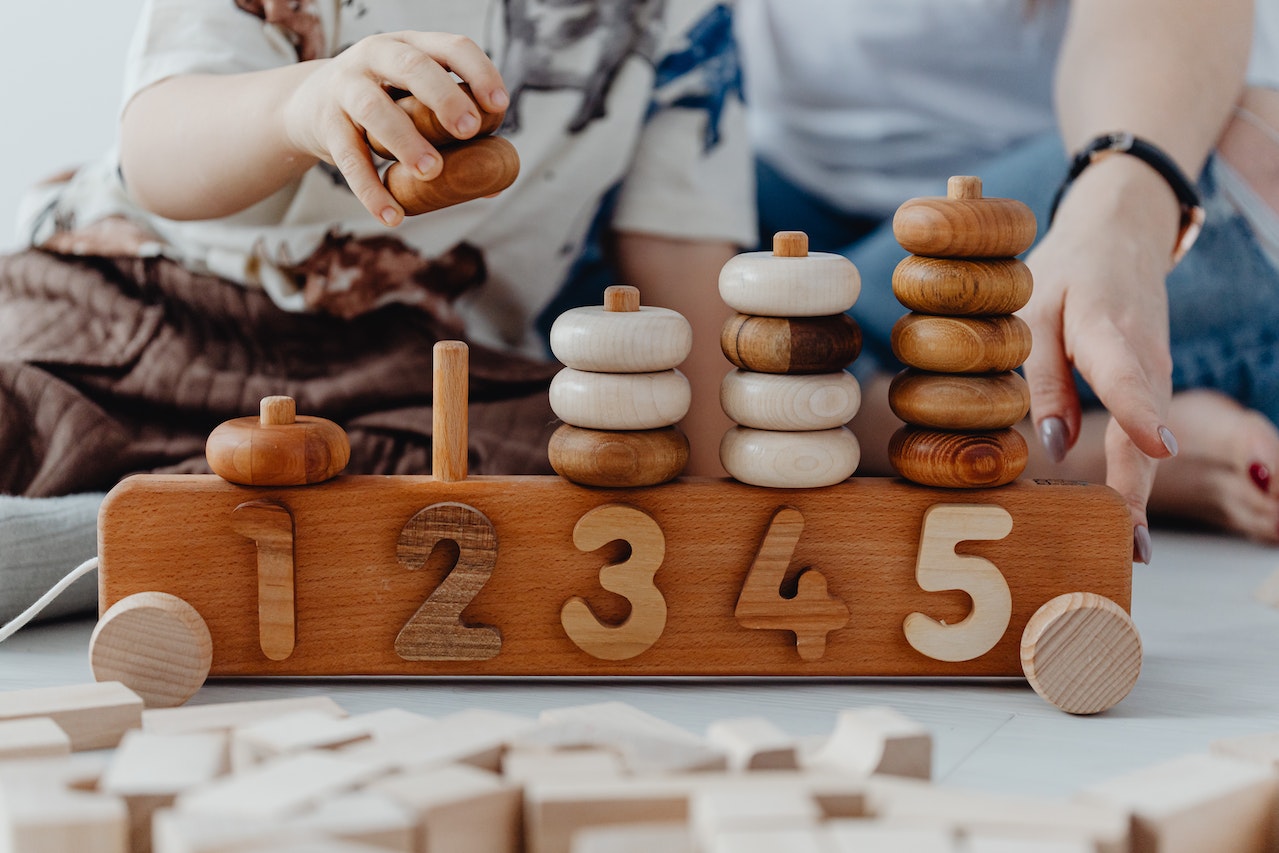
Effective Year 8 Homeschooling Methods
The year 8 homeschooling success depends on suitable teaching methods. Homeschooling at this level involves careful planning, personalised attention, and engaging educational strategies to enrich student learning. Critical Year 8 homeschooling strategies:
Homeschoolers must first create a regulated learning environment. A quiet study place might help you concentrate. This room should have textbooks, workbooks, stationery, and instructional technology.
Year 8 homeschooling requires personalised learning. Customising the curriculum to each student’s learning style can increase academic growth. Adaptive learning platforms, educational apps, and online resources can determine student needs and give customised tasks.

Technology may make learning more participatory. Video conferencing, virtual field excursions, and online collaboration platforms can build community and peer learning even in homeschooling.
Teaching requires assessment and feedback. Quizzes, examinations, and projects help teachers measure students’ understanding and adjust their instruction. Constructive feedback motivates students to improve.
Project-based learning can make Year 8 homeschooling more interactive. Encourage pupils to study real-world issues and communicate their results creatively. It fosters critical thinking, problem-solving, and teamwork.
Homeschool instructors must stay connected with other educators, parents, and support networks. Virtual workshops, webinars, and forums can teach excellent teaching methods.
In conclusion, effective Year 8 homeschooling tactics include personalised learning, technology integration, active engagement through projects, and regular assessment and feedback. Homeschool educators can help Year 8 pupils succeed academically and develop holistically by offering a supportive and exciting learning environment.
Fun Year 8 Homeschooling Projects
Year 8 homeschoolers benefit from engaging in activities and projects. These exercises encourage creativity, critical thinking, and individual discovery while breaking up traditional learning. Here are some fun and educational Year 8 homeschooling projects:
- Science activities: At-home science activities can pique interest. Growing plants, modeling a volcano, or testing materials may bring science to life.
- Virtual Museum Tours: Show students global artifacts, collections, and cultural exhibitions on virtual tours. This practice helps them learn history, art, and foreign cultures.
- Literary Analysis: Have students read classic or modern novels and analyse their findings. Virtual book clubs or academic circles let students discuss literature and share views.
- Virtual Creative Writing Workshops: Encourage students’ creative writing. Give them essay prompts for poems, short stories, or journals.
- Math Games and Puzzles: Make math entertaining by adding them to the curriculum. Online math games can teach and delight pupils.
- Culinary Exploration: Explore international cuisines while studying. Students can explore recipes, learn about their history, and cook at home.
- DIY Science Projects: Have kids make simple devices, sun ovens, or water filtration systems. These projects foster creativity and problem-solving.
- Community Service Projects: Engage pupils in social responsibility. Virtual fundraisers, awareness initiatives, and local charities are options.
- Virtual Field Trips: Visit natural marvels, famous landmarks, and historical sites online. Students can explore outside their textbooks.
- Art and Craft Workshops: Foster creativity. Students can learn art skills, create unique works, and display their work online.
Introduce simple coding and robotics tasks to spark pupils’ interest in technology. Coding problems and virtual robot programming make learning fun.

In conclusion, exciting Year 8 homeschooling activities and projects keep children engaged and excited about studying. These hands-on experiences enhance their academic knowledge and teach valuable life skills.
Year 8 Homeschooling: Academics and Extracurriculars
Year 8 homeschoolers must balance academics and extracurriculars. Extracurriculars enhance academics and personal growth. Students can find balance using these methods:
Create a Structured calendar: Plan academics and extracurriculars and breaks them into a daily or weekly calendar. A schedule helps students manage their time and avoid neglecting either.
Prioritise: Help pupils set academic and extracurricular goals. They should pursue their passions while meeting academic requirements.
Explore Interests: Let pupils try out different extracurriculars to find their strengths. This phase can help kids discover their passions.
Integrate Academics and Extracurriculars: When possible, combine academics and extracurriculars. Music students can study sound physics or music history.
Time Management: Teach time management. They should plan, set goals, and schedule study and extracurricular time.
Collaborate with Parents: Involve parents in academic-extracurricular balancing. Parents, children, and instructors should communicate regularly to identify and resolve difficulties.
Flexible Learning: Allow pupils to participate in extracurricular activities during school hours. Homeschoolers can balance academics and hobbies.
Emphasise well-rounded development. Extracurricular activities provide leadership, teamwork, and time management, complementing academic success. Over-scheduling can lead to fatigue and academic degradation. Encourage pupils not to over-commit.
Rest and Self-Care: Stress their importance to students. Well-rested minds work better and handle academics and extracurriculars better.
Goal-setting and reflection: Help students develop realistic academic and extracurricular goals. Periodic progress checks can help them stay on target and make modifications.
Virtual Extracurriculars: Homeschoolers have more virtual extracurricular alternatives. Online groups, sports teams, and art communities let students explore their passions.
In conclusion, Year 8 homeschooling involves time management, prioritisation, and personal growth to balance academics and extracurriculars. Students can achieve academically and pursue their passions by fostering well-rounded growth and providing learning flexibility.
Year 8 Homeschooling Parents
Year 8 homeschooling success depends on parental involvement. Parents are their children’s first teachers. Parents can participate in homeschooling in several ways:
- Create a Supportive Learning Environment: Designate and organise a home study environment for concentrated learning. Make sure the area is distraction-free and has learning materials.
Collaborate with Homeschool Educators: Keep in touch. Discuss the child’s growth, strengths, and weaknesses often. Together, solve problems.
- Set Realistic Goals: Set academic and personal goals for the year with the home school educator and child. Celebrate successes and inspire grit.
- Supplement Learning: Add learning materials to the home school curriculum. Examples include books, apps, online courses, and videos that match the child’s interests and learning style.
Encouraging curiosity and discovery will help your youngster love learning. Support their hobbies and expose them to many courses and activities outside the core curriculum.

Discuss learning experiences, projects, and tasks with the child. Please encourage them to discuss their learning.
Ask open-ended questions to build critical thinking skills.
- Facilitate Social Interaction: Create virtual study groups or extracurricular activities to foster sociability and teamwork.
Monitor progress and give input. Identifying areas where the child may require extra support can help customise learning.
- Real-World Learning: Give kids real-world learning experiences. Use family finance, cooking, or gardening to apply academic concepts.
- Balance Independence and Advice: Give the youngster academic Independence while providing guidance and support. Encourage self-learning.
- Promote a Growth Mindset: Teach the youngster to value work, resilience, and ongoing learning. Help them see problems as growth opportunities.
- Lead by Example: Be optimistic about learning and personal progress. Children learn to value education and self-improvement from their parents.
In conclusion, Year 8 home education with family engagement fosters a helpful learning environment. Parents can improve their child’s education, instil a love of learning, and help them succeed academically and personally.





